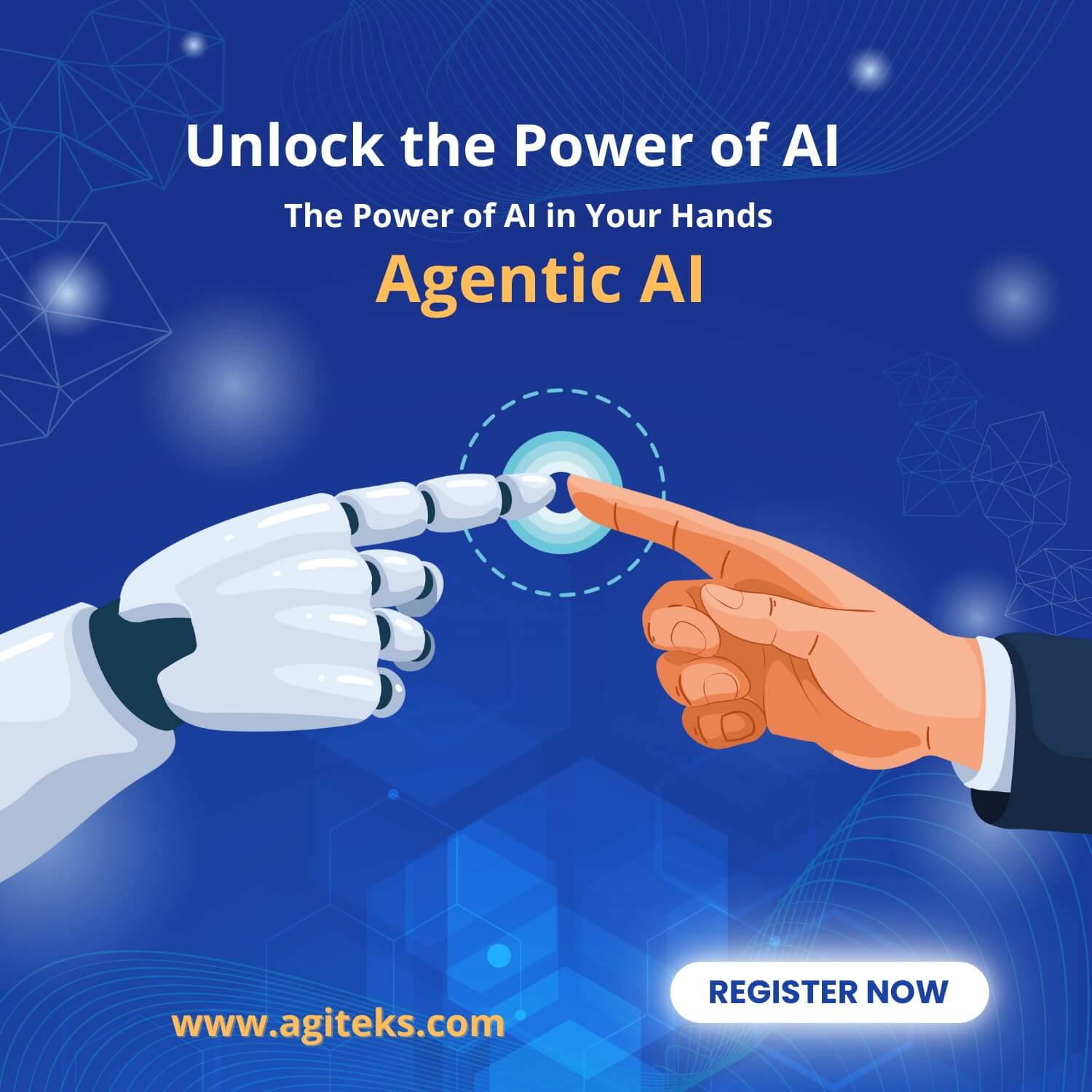Agentic AI Services
The next frontier of artificial intelligence
Agentic AI represents a paradigm shift in artificial intelligence, moving beyond reactive systems to autonomous agents that can reason, plan, and execute complex tasks with minimal human intervention. These AI agents can understand goals, break them down into steps, adapt to changing conditions, and learn from experience—bringing us closer to truly intelligent systems.
Agiteks Agentic AI services help you harness this cutting-edge technology to automate complex workflows, enhance decision-making, and create new capabilities that were previously impossible. We combine deep technical expertise with strategic business thinking to implement agentic AI solutions that address your specific challenges and opportunities, while ensuring responsible and ethical use.
85%
Reduction in routine decision-making tasks
60%
Faster problem resolution
40%
Increase in process automation coverage




